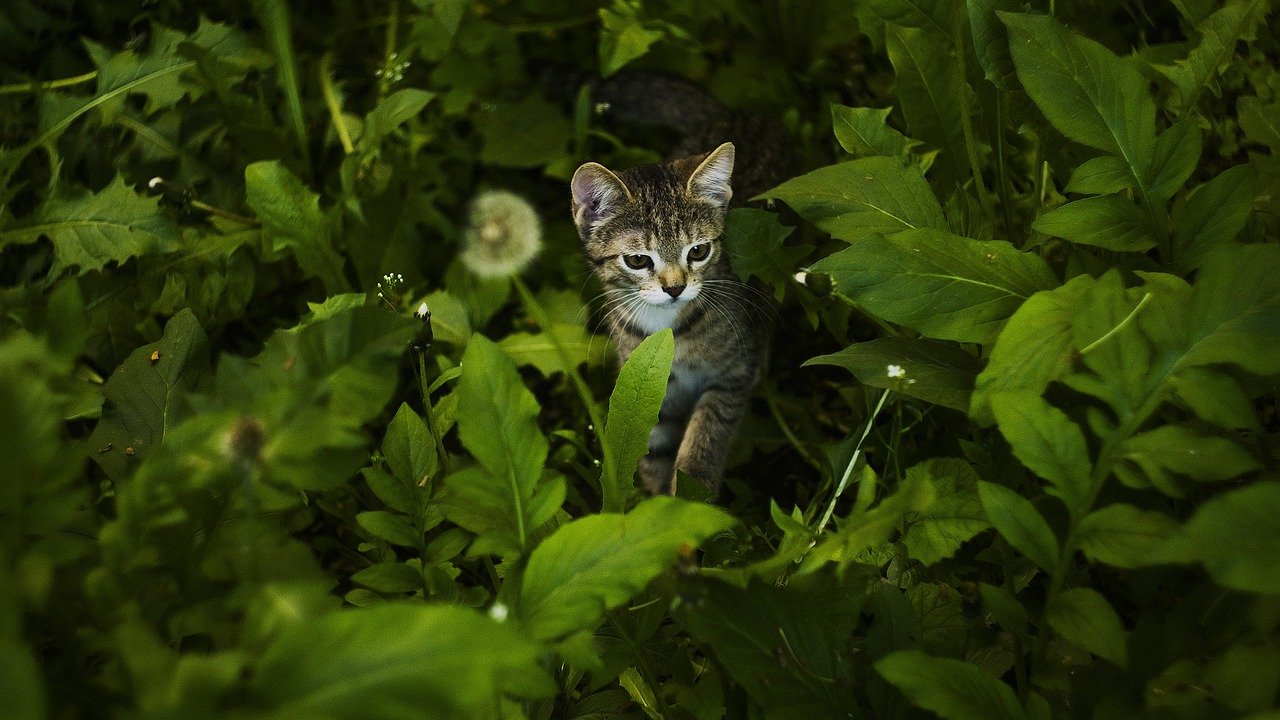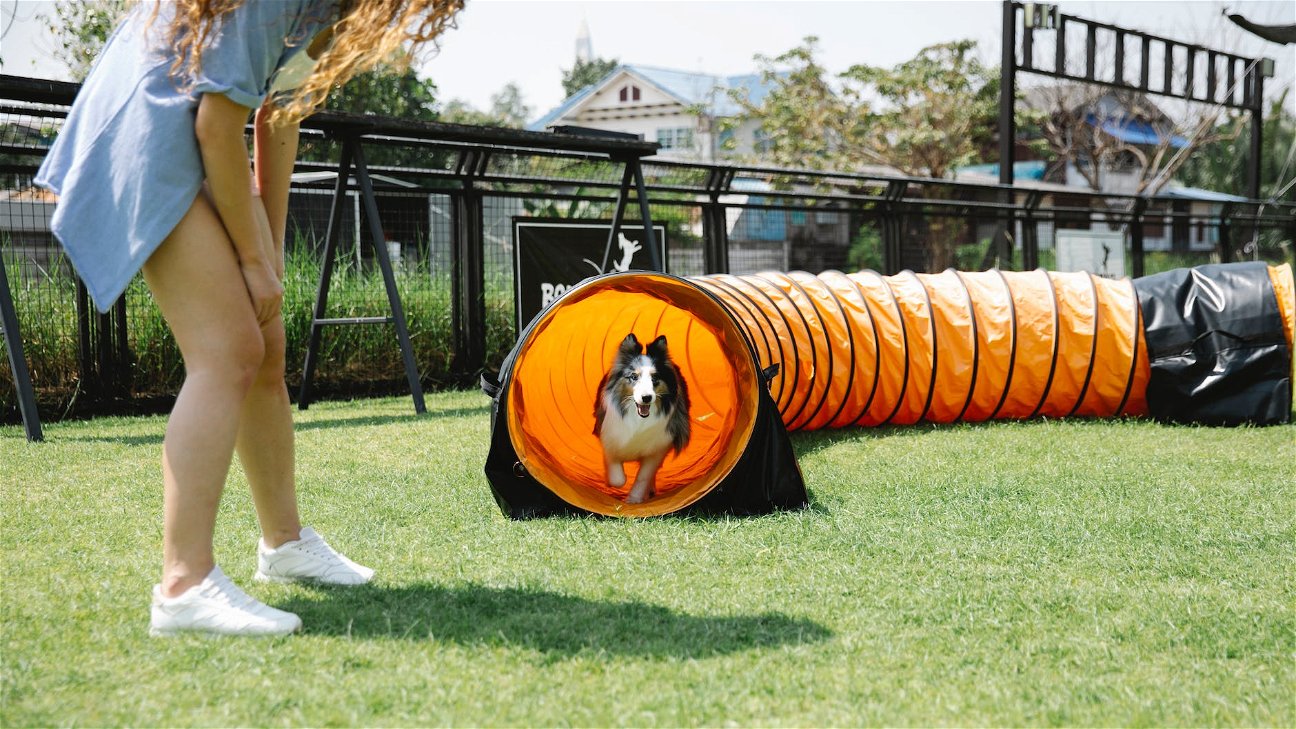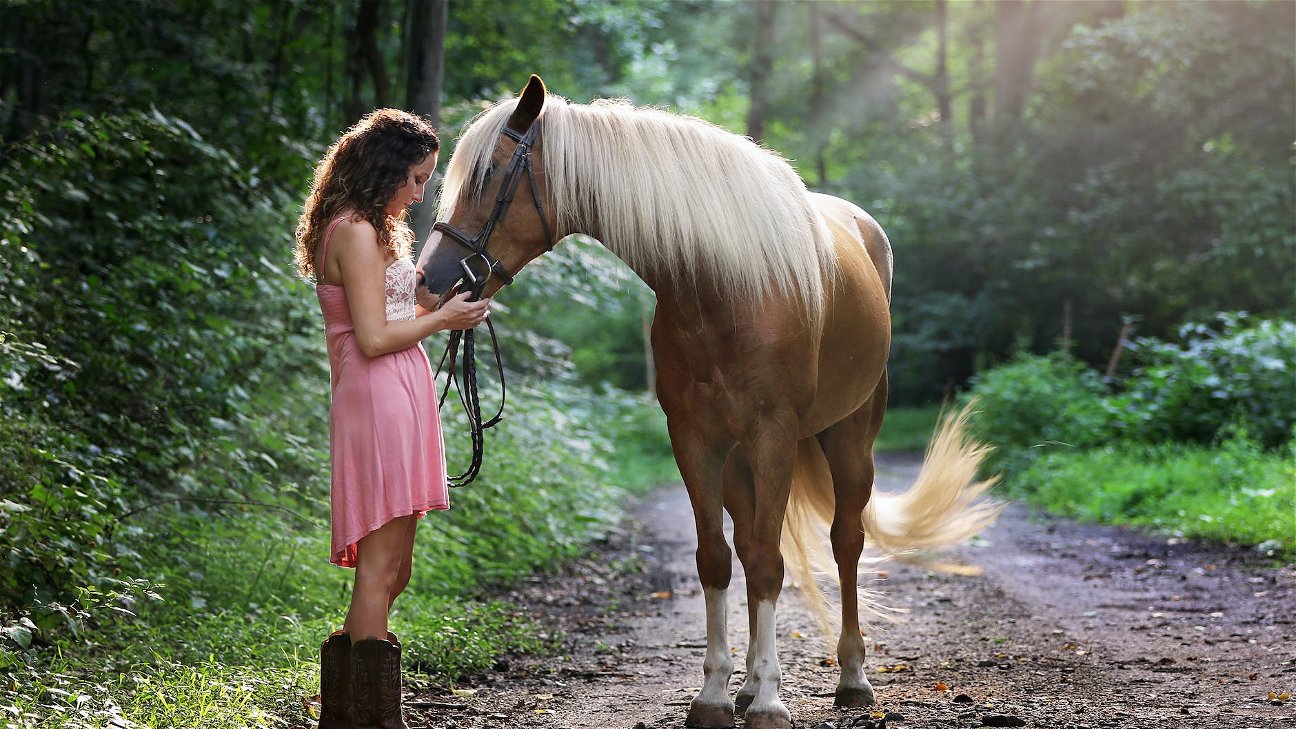
As your beloved feline companion grows older, their needs change, and it's crucial to understand and address these changes to ensure they enjoy their golden years. This guide will cover the unique needs of senior cats, from healthcare, diet, exercise and the signs of aging, to common health issues and ways to maintain their overall well-being.
Healthcare for Senior Cats
With age, cats become more susceptible to illnesses such as kidney disease, diabetes, and thyroid issues. Regular veterinary check-ups, ideally every six months, are paramount for early detection and management of these illnesses.
Here are some common health issues in senior cats:
- Kidney Disease
- Diabetes
- Hyperthyroidism
- Arthritis
- Dental Disease
Senior Cat Diet and Exercise
Older cats require a balanced diet rich in proteins and low in fats. Some may need special diets to manage conditions such as obesity or kidney disease. Always consult your vet before changing your cat's diet.
Exercise is also important for senior cats, although their activity levels might decrease with age. Engage them in gentle play sessions to keep them active and maintain a healthy weight.
Understanding Behavioral Changes
Cats may exhibit behavioral changes as they age. Some may become more vocal, while others may show signs of confusion or disorientation. Recognizing these changes and providing a comfortable and quiet environment can significantly improve their quality of life.
Physical Changes and Comfort
Senior cats may experience physical changes, including weight loss or gain, decreased mobility, and changes in their coat. They may also need additional warmth and comfort. Make sure they have a soft and warm spot to rest, and consider investing in heated cat beds or blankets.
Tips for Caring for Senior Cats
Addressing the needs of senior cats can be challenging, but here are some tips to help:
- Regular Vet Visits: Regular check-ups can help catch health issues early.
- Balanced Diet: Provide a diet that's formulated for senior cats.
- Comfortable Environment: Make sure they have a comfortable place to rest.
- Gentle Exercise: Encourage play and activity to keep them fit.
- Patience and Love: Above all, give them the patience, love, and care they deserve in their golden years.
Remember, every cat ages differently and may show different signs of aging. Always consult with your vet for the best advice on caring for your senior cat.











